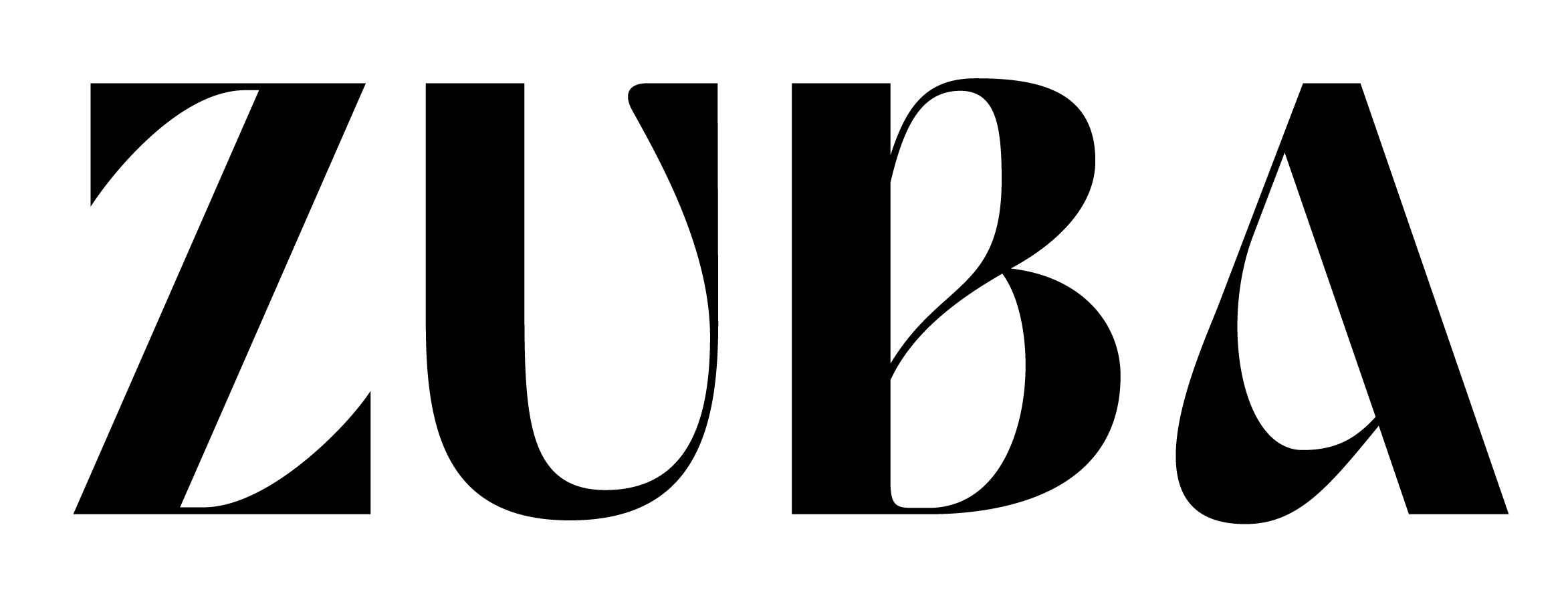If you are a startup founder, sooner or later you will face a damning truth; pitching is part and parcel of the startup world. Being on the other side of the table presenting your business idea to another party can be daunting, especially knowing the odds and statistics might not be in your favour. Less than 1% of all Venture Capitalists funding went toward startups with one or more women founders last year, according to The Big Deal, which details investments in Africa. Therefore, this makes it imperative for you to prepare and present a powerful pitch. And the good news is, once you sharpen your pitching skills, it’s a smooth sail.
During a recent workshop for African Union Media fellows in Berlin, Natasha Kimani, the Research and Media Program Lead at Africa No Filter and one of the AU Media fellowship mentors, took the fellows through a session on how they can nail their pitches and win grants.
Here are some take homes from her presentation.
Have a powerful introduction
When you send a pitch, chances are it is not going directly into the hands of the final decision maker. It will first go through numerous hands and processes like sorting and vetting before getting there so this is where a catchy introduction comes in handy.
“Make sure that you get a nice warm introduction that is going to push your pitch deck to get in front of the decision-maker so that you are getting closer to getting the money.”
Be clear and concise
“Make it clear who you are, who your organization is. If this is not clear, your pitch application will be put aside because no one has two hours to go through one pitch.”
Know your granter
“Know the organization you are pitching to because you might have a good story but if it doesn’t fit in my organization, I will be like this is fantastic but it doesn’t make sense for what I am doing. For example, if you see the majority of the organization’s work is on family planning, and you submit a pitch about climate change, it will be automatically disqualified.”
Cross-border collaborations are powerful
“Cross border collaboration is important because we want to have stories and impact beyond Uganda. We want to ensure that more Africans are reading these stories. Most granters are looking for stories that go beyond a smaller community unless the grant is specific to a small community impact. And that’s why it is important to know your granter.”
Recommendations are vital
“Recommendations work for granters all the time. For example, if someone reputable I know sends me a recommendation email about an organization that says maybe ‘I think this is an organization you should have conversations with, I will take it seriously because I know they understand what I do.”
Be bold and persistent
“Women, we need to be bold like the men. They are usually confident even when they don’t qualify for a grant, they will be like ‘oh I have this project and you must fund it.’ They don’t even ask, they are sure this project will be funded.”
Be persistent
If you meet a potential granter at an event, shoot them an email the next day saying it was great meeting them and talk about at least one thing they said that stuck with you. “You must personalize conversations. I like when you say this caught me, and I would love to have conversations about my work with you.”
Fortune favours the self-promoters
“Promote your work, talk about who you are, what you do every single time because no one is going to talk about your work as good as you are.”
Be outstanding to beat the competition
“Most grant winners are usually from Kenya, Nigeria, South Africa and Ghana. Historically they submit the highest number of applications and have more opportunities than other people on the continent. This is not because they are the best, but because they have been applying for long. So you have to be so spectacular because the people you are competing against have been doing this for years.”

